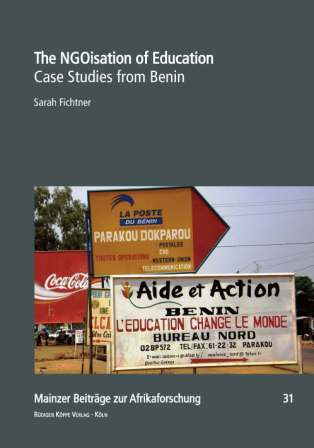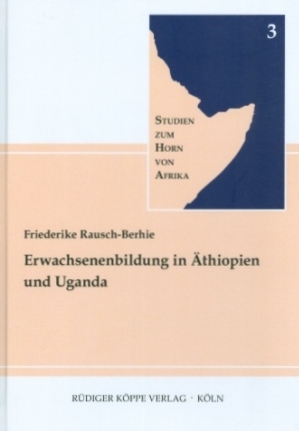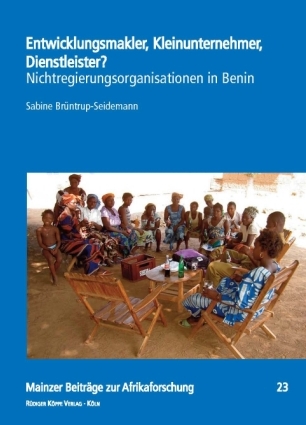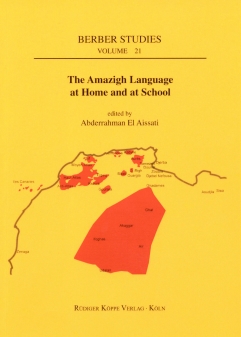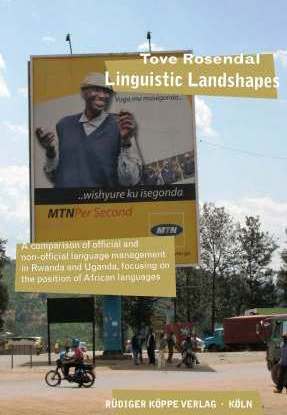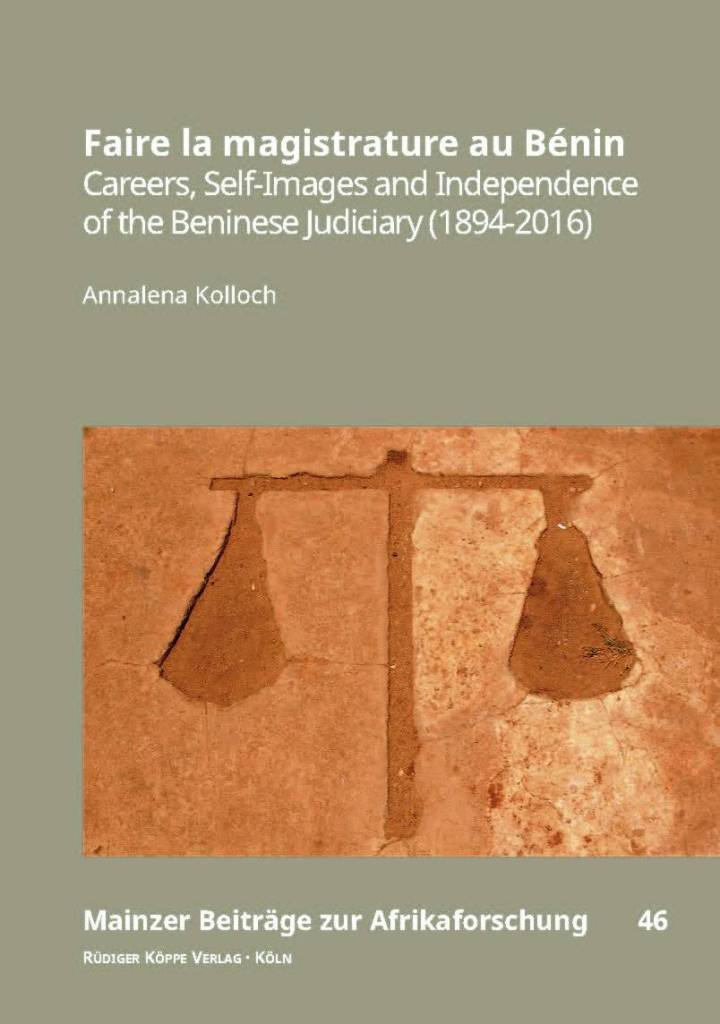2012
196 pp.
1 map, 8 b/w photos, 4 figures
Text language: English
The NGOisation of education is an outcome as well as a means of the globalisation of public services that increased tremendously during the peak of neoliberal global governance in the ‘long 1980s’. Non-governmental organisations, with the comparative advantages seen by international development agencies as being closer to the ‘target populations’, less corrupt and more efficient than state institutions, became the preferred project implementers in public sector domains since that time.
Based on insights from the West African country Benin, this thesis studies the processes of the NGOisation of education from an empirical perspective. It focuses on four case studies, namely
1. the Primary Education Teacher’s Training Programme carried out by the INGO IFESH (International Foundation for Education and Self-Help);
2. Aide et Action’s installation of a Municipal Education Committee in Nikki;
3. the Education First Project against child trafficking conceptualised by World Education, Terre des Hommes and the Catholic Relief Services; and
4. a project for self-managed school canteens run by the Catholic Relief Services.
The projects’ analyses are grounded in ten months of multi-sited field research in Nikki, Karimama, Parakou, Cotonou and Porto Novo.
The main argument is that currently, NGOs’ development aid involves foremost the promotion, marketing, and management of global models, norms and standards in the field of education, and to a much lesser extent the provision of resources and services to ‘the poor’. This development-driven promotion of norms, defined as shared, evaluative expectations of behaviour of how the beneficiaries of aid are supposed to develop and to manage their own development takes place at the very heart of the state as well as at its margins. It involves not only the promotion of school attendance but new ways of learning and teaching, of teacher training and teacher training management; of more ‘participatory’ and supposedly efficient ways to conduct local education politics, manage parents’ committees and school canteens, and control school attendance. It includes neoliberal management and marketing ideas based on competition and surveillance that are at the centre of econometric based international education campaigns such as Education for All.
The NGOisation of education outlined in this thesis is therefore not a process that describes the development of a privatised welfare system parallel to or in the shadow of the state. It is a phenomenon that is central to the state “at work” in the international system. The “NGOisation of education” must therefore be read as an empirically based counter-perspective to essentialist and exoticising essays on the African state, as well as to dominant econometric approaches to education in the Global South and to macro-sociological perceptions of a conflict and actor free ‘world cultural diffusion’ of educational principles.
Under these links you will find publications by the author and further studies of educational policy and the sociology of professional careers in African countries:

